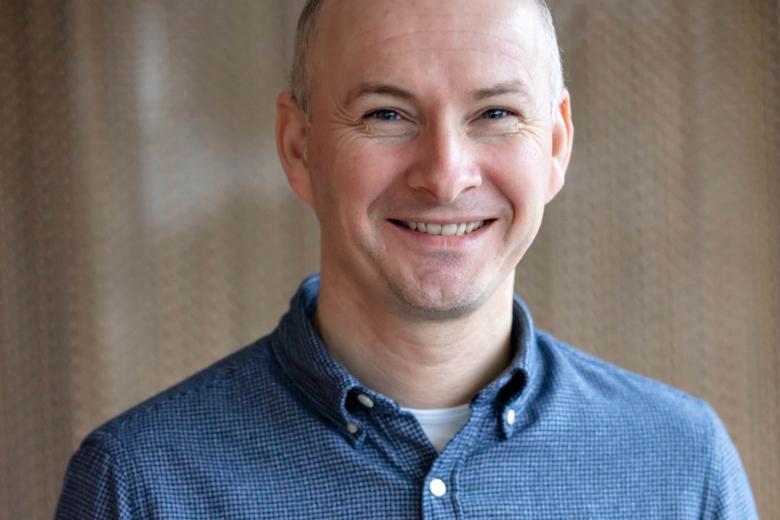OAinject: Fighting osteoarthritis
In the Netherlands, more than 1.5 million people suffer from osteoarthritis – a chronic degenerative rheumatic condition of the joints that causes pain, stiffness and restriction in daily moving. As osteoarthritis is a condition that mainly occurs among older people, the number of patients is set to greatly increase due to the ageing of Dutch society. At present, there is no adequate treatment for osteoarthritis.
Maastricht University is part of the OAinject consortium, funded by the Perspectief program of the Dutch Research Council (NWO), that will develop new diagnostic tools to determine which form of osteoarthritis a patient has. This way more accurate individualised treatments can be offered in the future. The researchers will also work on innovative ways of gradually administering drugs locally over a extended period of time via an injectable drug depot in the diseased joint. With this approach, the consortium aims to develop novel methods that are expected to support a durable active lifestyle for osteoarthritis patients.
Our CAPHRI/ MUMC+ researchers Tim Welting and Pieter Emans from the Department of Orthopedic Surgery are co-initiator and member of the OAinject project. The project is led by Marcel Karperien of the University of Twente.

Consortium
Programme leader: Prof. Marcel Karperien (University of Twente)
Participating knowledge institutions: Delft University of Technology, Erasmus MC, Maastricht University, Maastricht University Medical Center, Radboud university medical center, University Medical Center Utrecht, University of Twente
Companies: Chondropeptix, DSM Biomedical, IBIS Technologies, InnoCore Pharmaceuticals, 20Med Therapeutics, Nordic Bioscience, Orthros Medical, Procore, QVQ, Ssens
Other societal partners: Deventer Hospital, ReumaNederland, Dutch Society for the Replacement of Animal Testing
Video
Also read
-
Randwyck Library and the river of knowledge
Monique Notermans and Meike Kerkhofs-Welkenhuizen witnessed the vision behind a modern library come to life.

-
Is the risk of cancer the same for everyone?
Valery Lemmens (GROW) conducts research on cancer, prevention, and how society is designed for making unhealthy choices.

-
Most prestigious European grant to two UM scientists
Two Maastricht University professors are to receive the most prestigious European research grant for individual researchers: an ERC Advanced Grant, worth over €2.5 million. They are Lorenzo Moroni (MERLN) and Alexander Sack (FPN).


